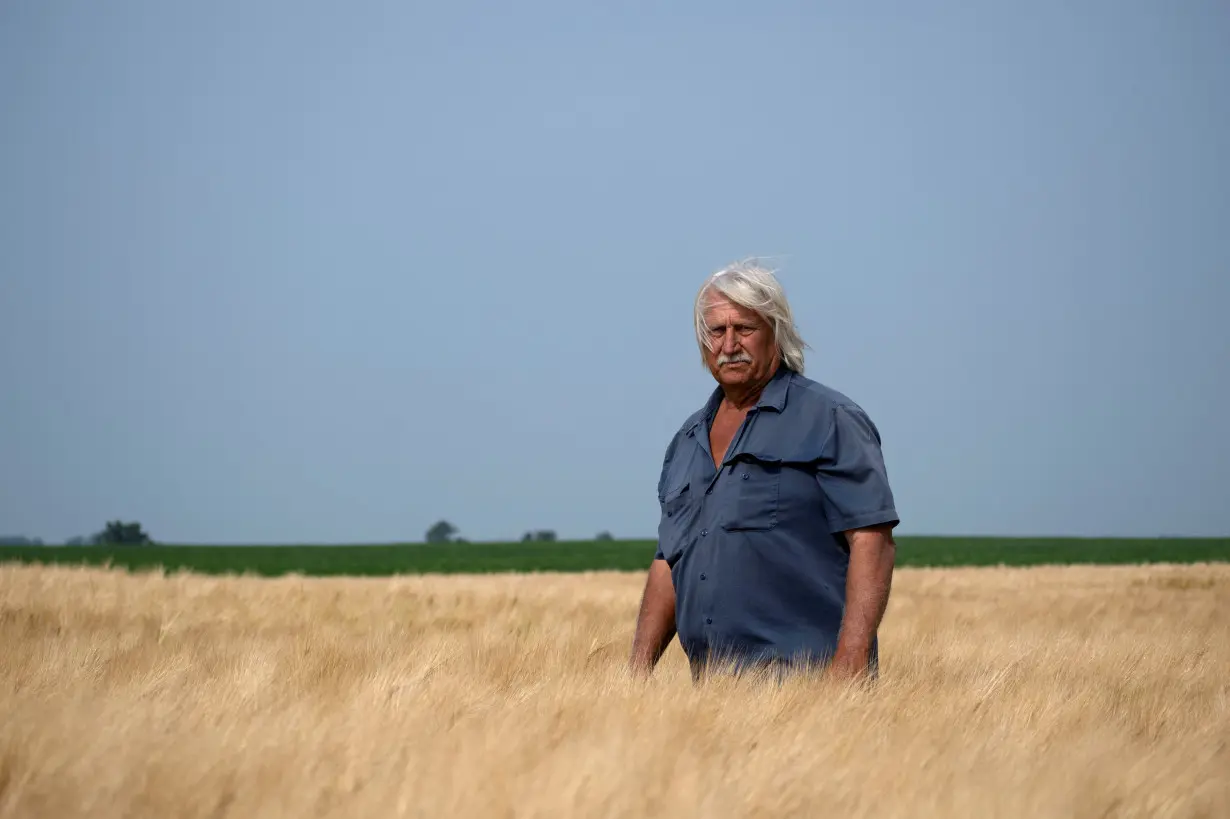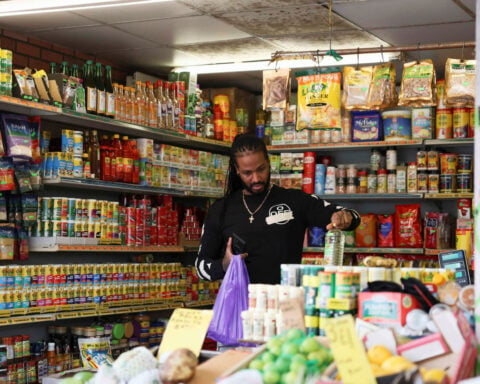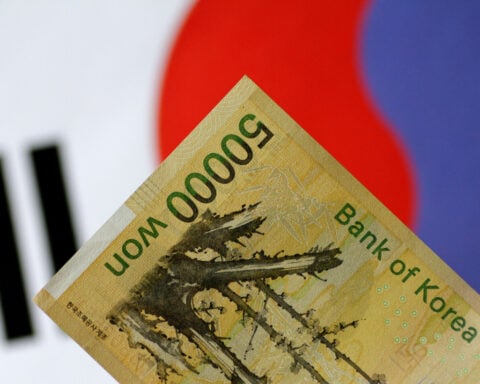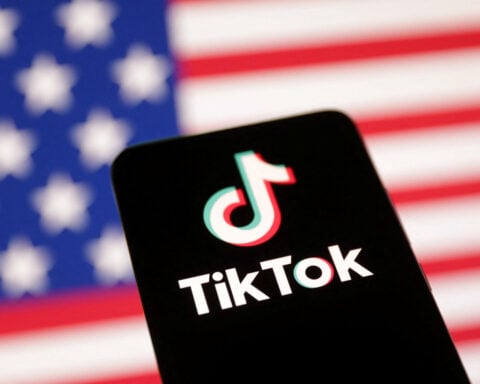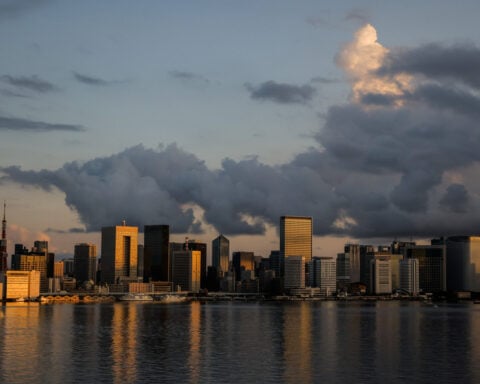By Heather Schlitz
Sharon, North Dakota (Reuters) - Don Nygaard, a third-generation farmer in a remote corner of North Dakota, used to grow malt barley for Rahr Malting Corporation to make into lagers, pale ales and IPAs.
But this year, he received no lucrative contracts from Minnesota-based Rahr or any beer makers, so his sprawling farm is growing food-grade barley and wheat, both crops that are priced near four-year lows.
As overall beer consumption in the U.S. slides to its lowest level since the 1970s according to data from the Brewers Association, U.S. Plains states face a huge glut of barley. Americans are buying less beer, and frequenting fewer craft breweries that use even more malt per beverage.
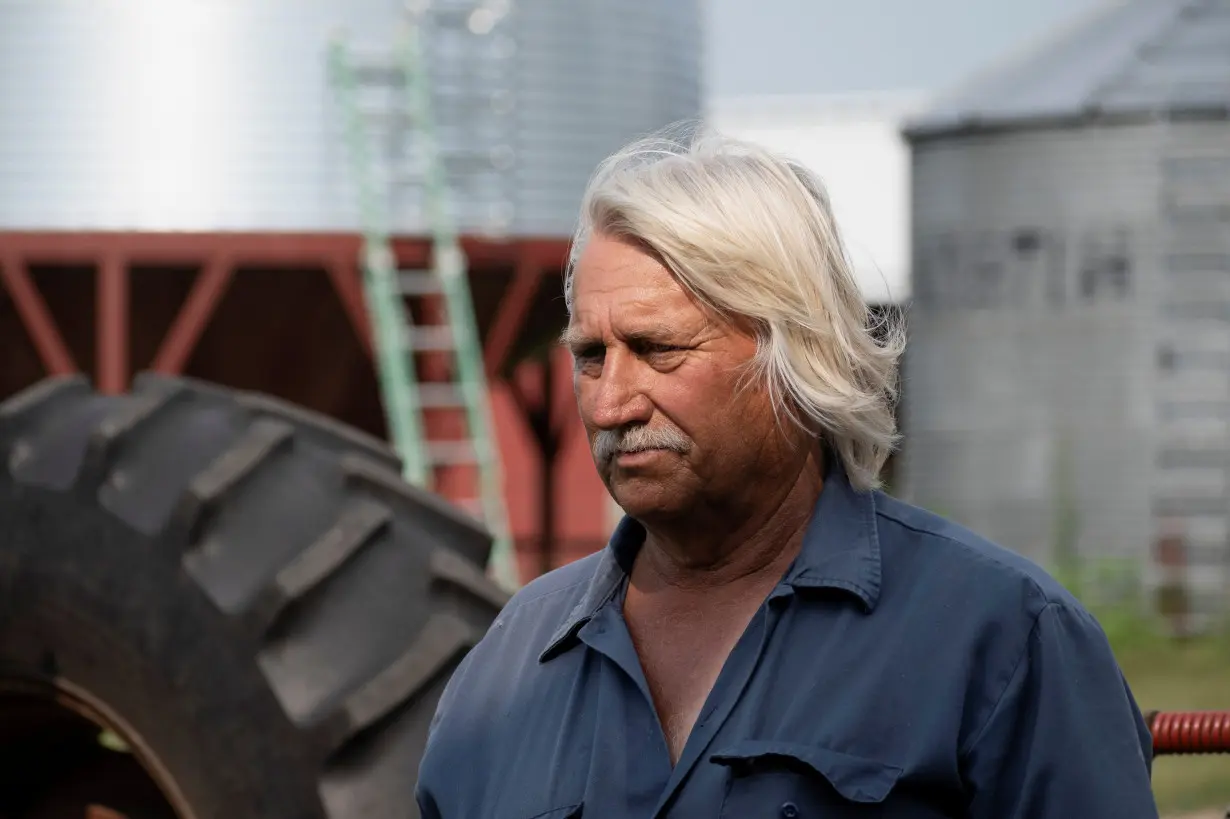
The exploding popularity of hard seltzers and lower alcohol consumption in general have led to plummeting barley demand from beer makers. Multiple years of excellent barley crops have further depressed prices and taken away a once high-value option in a year where farmers are struggling to break even with any crops, farmers, agronomists, and beer industry experts said.
"I'm worried with the trends that are happening," Nygaard said. "This winter is going to be tight for all of us trying to figure out which payments we can make."
Rahr, which has a barley procurement facility in Taft, North Dakota, did not respond to request for comment.
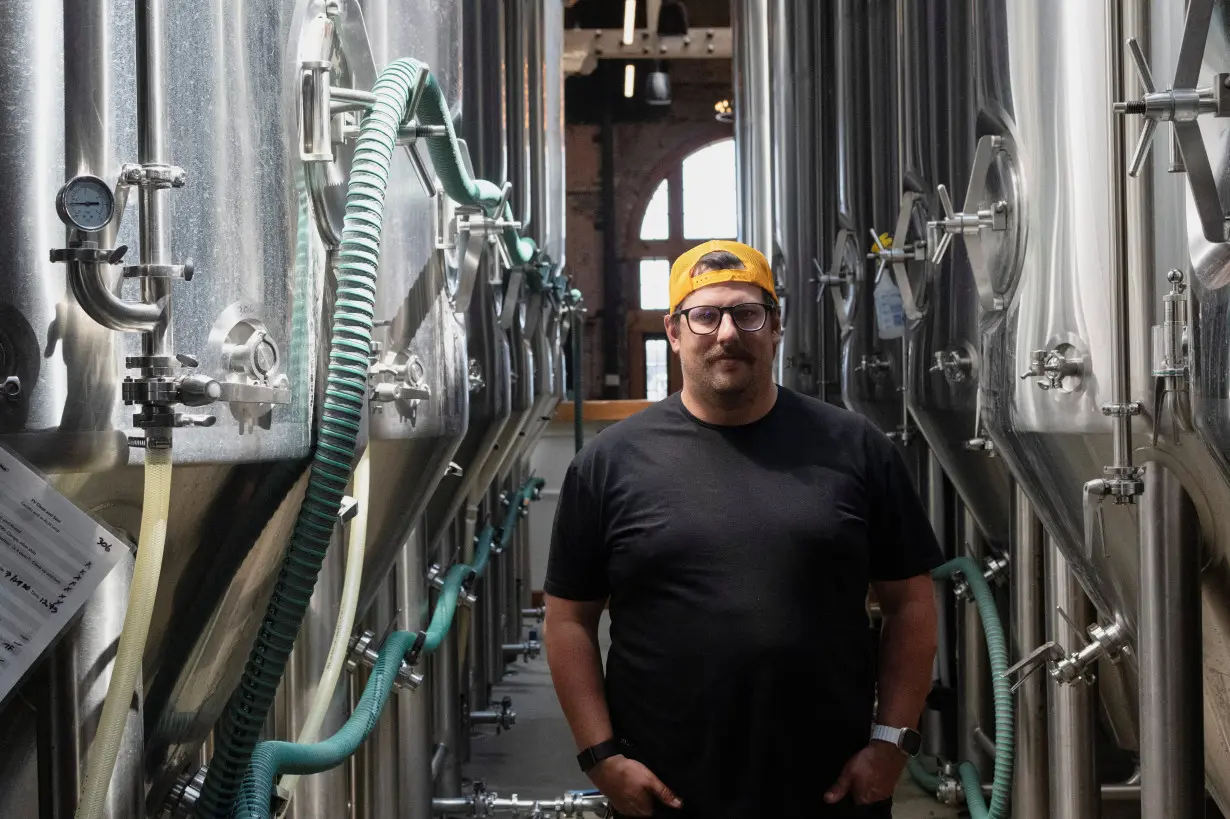
The most-recent U.S. crop report showed the number of acres planted with barley have fallen by 22% compared with a year ago. In North Dakota, the No. 2 producing state behind Idaho, acres nearly halved from a year ago. Supplies of barley that farmers have in storage on farms are up 51% from last year and are the highest since 2010, according to the U.S. Department of Agriculture.
U.S. malt barley prices, which farmers arrange before planting, were around $7 per bushel last year and under $5 per bushel this year depending on location, farmers said.
"To lose one of your tools to make profit is huge. The farmers are absolutely concerned," said Frayne Olson, crop economist at North Dakota State University. "The vast majority of what they grow goes into the malting industry, so beer consumption makes a big difference."
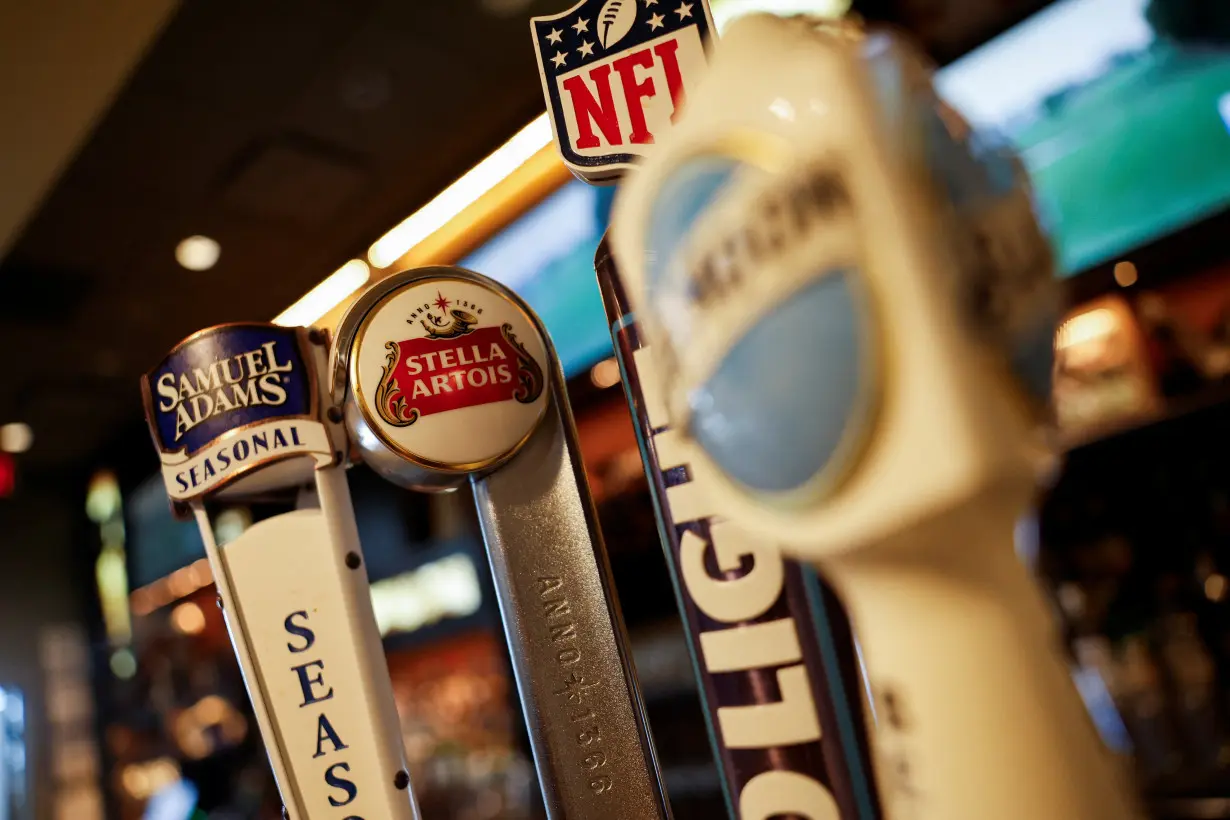
Major beer companies, including the world's largest beer maker Anheuser-Busch InBev have slashed the number of U.S. barley contracts offered due to an oversupply of the crop, Mitch Konen, vice president of the National Barley Growers Association, said.
Asked for comment, a spokesperson for AB InBev, the maker of Budweiser and Michelob ULTRA, said the company has been committed to American farmers for more than 165 years.
"As the nation's leading brewer and an American manufacturer, we purchase $700 million in the highest quality ingredients from 700+ grower partners each year," the spokesperson said. AB InBev did not respond to questions about specific purchases this year or on changing beer consumption trends.
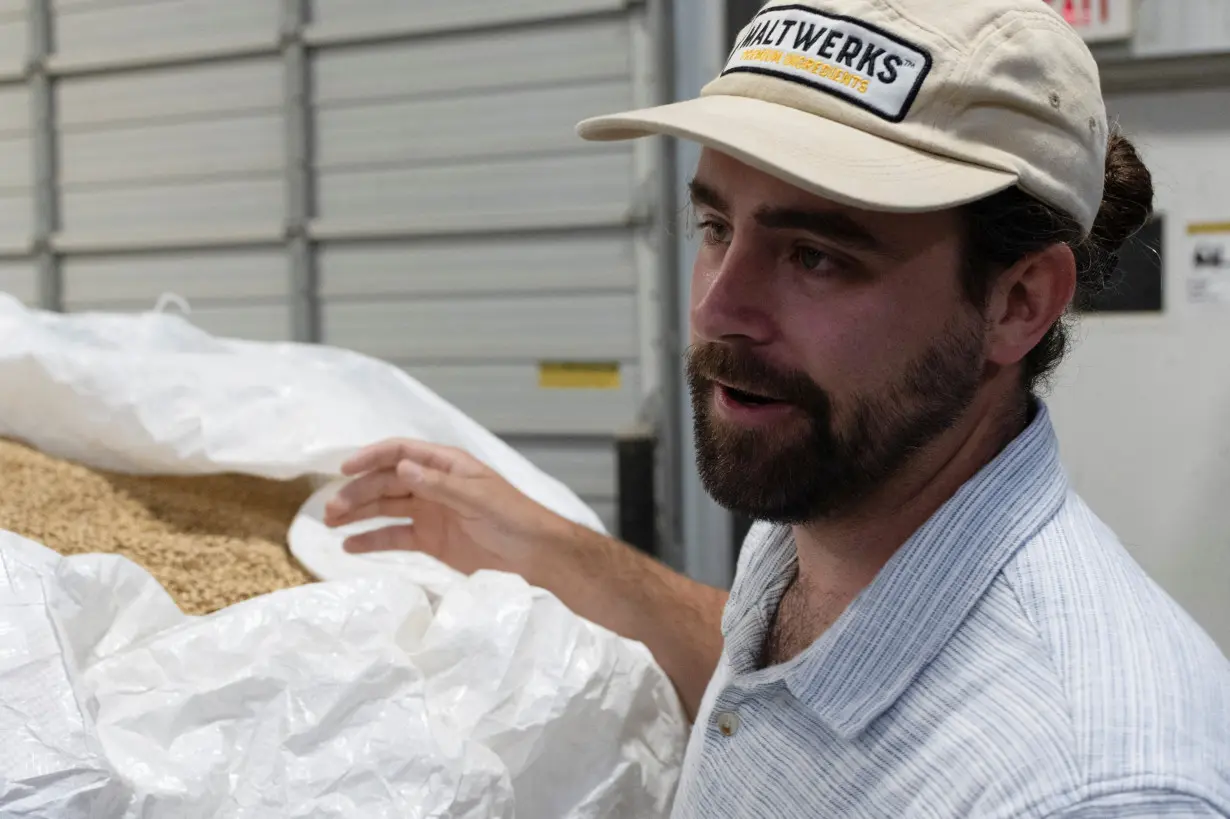
THE BIGGEST LOSER
Fruit-flavored hard seltzers, ready-to-drink cocktails and cannabis-infused beverages have chipped away at beer's market share for years. From baseball games to booze-fueled college fraternity parties, White Claw seltzers are almost as ubiquitous as Bud Lights. White Claw markets itself in the U.S. as free of grains, although the products may contain grain such as barley in some locations.
Many of the most popular hard seltzer brands, including Truly, High Noon, Bud Light Seltzer and White Claw are made without barley and use fermented sugar, vodka or tequila to supply the alcohol. Some seltzers, such as Vizzy, and non-alcoholic beers continue to rely on malt barley.
"Beer is the biggest loser," Bart Watson, chief economist at the Brewers Association, said. "There's so much competition from products that didn't exist 50 years ago."
Unlike major barley exporters in the European Union and Australia, American beer drinkers end up consuming most of the malt barley produced in the U.S.
Even in rural North Dakota, advertisements for hard seltzers are plastered over billboards and abound in bars in small towns. Major malt plants, where kernels of barley are turned into the key building block for beer, are signing fewer contracts with farmers as demand from breweries wanes, farmers and economists said.
High interest rates and inflated costs of pesticides and equipment, in addition to dismal crop prices have left farmers worried about their ability to pay back the loans that allowed them to plant their crops.
"It's going to be one of the years where it's tough to raise a commodity," said Steve Sheffels, a fourth-generation barley and wheat farmer. "Hopefully I'll grow enough crop to cover my costs."
NERVE-WRACKING
A once-booming craft beer industry has slimmed down, with microbrewery closings outpacing openings for the first time in 2023, according to the Brewers Association. Craft beer requires roughly four to five times as much malt as mass-produced beer further denting barley demand, Sheffels said.
Kaj Peterson, lead maltster at Maltwerks, said his Minnesota-based malting plant has nearly halved their barley purchases compared to five years ago as demand from craft breweries across the state wanes.
"It's hit our bottom line," Peterson said. "We're starting to feel the pushback from breweries – they're cutting production. It's nerve-wracking."
As the explosive growth of breweries has slowed, businesses left have needed to diversify their offerings to excite customers, Mark Bjornstad, owner of Drekker Brewing Company in Fargo, North Dakota, said.
His airy brewery is perfumed with a citrus scent from the taproom's IPA, which the company offers along with alcoholic smoothies and non-alcoholic beers they've added to boost business.
"Customers are very discerning," he said.
On top of bruising competition from alternative drinks, the beer industry is facing another challenge: young people are drinking less alcohol than any previous generation.
A growing "sober curious" movement, embraced by millennials and Gen-Zers and fueled by social media, has led to drinkers re-evaluating their relationship with alcohol and sometimes choosing to abstain from it altogether.
Though healthier choices and more creative drink options have benefited customers, they have shaken the fundamentals of farmers' business.
"I'm 67, so I did drink my share of beer growing up. Now there are these other fancy drinks that don't need malt," Nygaard said.
(Reporting by Heather Schlitz, Editing by Caroline Stauffer and Anna Driver)

 TikTok seeks to reassure U.S. employees ahead of Jan. 19 ban deadline
TikTok seeks to reassure U.S. employees ahead of Jan. 19 ban deadline
 US won't seek charges in unarmed Black motorist Ronald Greene's fatal 2019 arrest
US won't seek charges in unarmed Black motorist Ronald Greene's fatal 2019 arrest
 Euro zone households could increase consumption, ECB chief economist says
Euro zone households could increase consumption, ECB chief economist says
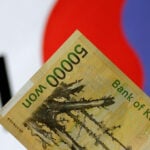 Foreigners sold South Korean equities last month by most since early 2020
Foreigners sold South Korean equities last month by most since early 2020
 Trump and Biden national and homeland security staff will meet Wednesday for threat exercises
Trump and Biden national and homeland security staff will meet Wednesday for threat exercises
 As fires ravage Los Angeles, Tiger Woods isn't sure what will happen with Riviera tournament
As fires ravage Los Angeles, Tiger Woods isn't sure what will happen with Riviera tournament
 Antetokounmpo gets 50th career triple-double as Bucks win 130-115 to end Kings' 7-game win streak
Antetokounmpo gets 50th career triple-double as Bucks win 130-115 to end Kings' 7-game win streak
 No 97 Laura Siegemund upsets Olympic champion Zheng Qinwen at the Australian Open
No 97 Laura Siegemund upsets Olympic champion Zheng Qinwen at the Australian Open
